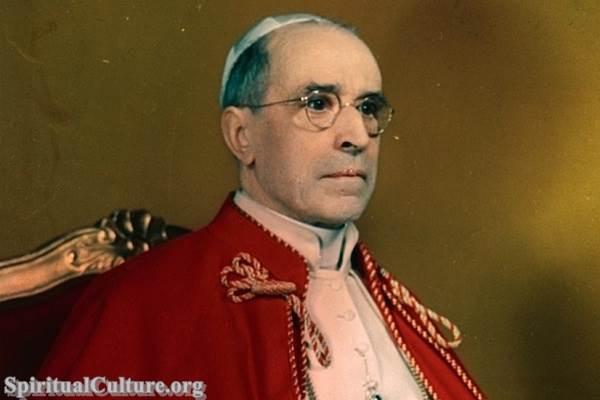Saint Teresa of Calcutta dedicated her life to serving the poor, the sick, and the marginalized, embodying Catholic values in her every action. This article will delve into her life and works, offering insight into her unwavering dedication to her faith and humanity.
Born Agnes Gonxha Bojaxhiu on August 26, 1910, in Skopje, Macedonia, Saint Teresa of Calcutta’s journey towards Catholicism began at a young age. Raised in a devout Catholic family, she was deeply influenced by the missionaries of charity in her parish. At the tender age of 12, she felt a call to serve God, which eventually led her to join the Sisters of Loreto, an Irish community of nuns with missions in India.
Upon taking her final vows as a nun in 1937, she chose the name Teresa, inspired by Saint Thérèse of Lisieux, the patron saint of missionaries. She then moved to Calcutta, India, where she taught at St. Mary’s High School for Girls. However, the widespread poverty and suffering she witnessed outside the convent walls deeply moved her. She felt an “inner call” from God to leave the convent and help the poorest of the poor while living among them. This marked the beginning of her journey as Saint Teresa of Calcutta.
In 1950, she received permission from the Vatican to start the Missionaries of Charity, a Roman Catholic congregation dedicated to serving “the poorest of the poor.” The organization began with only 12 members but has grown to more than 4,500 sisters running orphanages, AIDS hospices, and charity centers worldwide.
In the heart of Catholicism, Saint Teresa of Calcutta was a living embodiment of the Catholic Church’s teachings. Her life was a testament to the Catholic belief in the sanctity of all human life and the duty to care for those less fortunate. She once said, “If we have no peace, it is because we have forgotten that we belong to each other.” This quote encapsulates her belief in the interconnectedness of all humans, a principle she lived out through her work.
Saint Teresa’s contributions to society and the Catholic Church did not go unnoticed. In 1979, she was awarded the Nobel Peace Prize for her work in “bringing help to suffering humanity.” In her acceptance speech, she reinforced her dedication to the service of the poorest of the poor and her commitment to the principles of Catholicism.
Her journey on earth ended on September 5, 1997. However, her legacy lives on through the Missionaries of Charity. In 2003, she was beatified, the third step towards canonization, by Pope John Paul II, and was declared a saint by Pope Francis in 2016.
Saint Teresa of Calcutta is a beacon of Catholicism, her life a testament to the power of faith, compassion, and selfless service. She once said, “Not all of us can do great things. But we can do small things with great love.” This humble approach to service, grounded in the teachings of the Catholic Church, is a guiding principle for all who wish to make a difference in the world.
In conclusion, Saint Teresa of Calcutta’s life and work serve as an inspiration to millions around the globe. Her unwavering dedication to the principles of Catholicism and her exceptional commitment to serving the needy underscore the transformative power of faith and love. As we remember Saint Teresa of Calcutta, let us strive to uphold her legacy by living out the tenets of compassion, charity, and humility that she embodied so profoundly.



